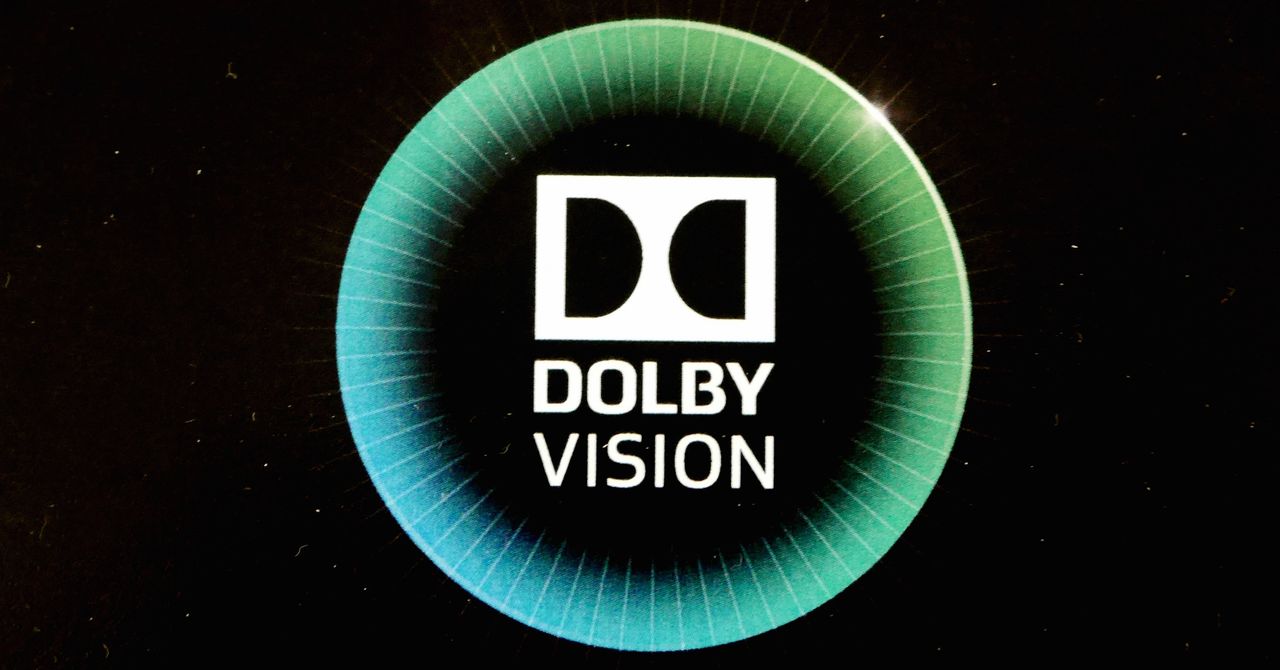
We live in a world now where we are always being watched. Which, for the most part, isn’t great. One can make the argument that it’s helping to keep us safe, but at the same time, it makes you wonder if that’s actually the case. A bio-ID surveillance framework that can recognize subway users might soon be arriving in Beijing. Again – is this going to help keep riders safe? China Daily is reporting two forms of bio-recognition being proposed – palm touch and facial recognition. Together, they could offer a viable long-term solution, which is designed to ease congestion issues and help reduce fare evasion.
This is new and interesting. The intent is not to make people safer, but to figure out a way to make the system more efficient. Beijing’s subway is the world’s busiest. It has about 10 million daily commuters and would be a prime candidate for ticketless operations. Which is where this bio-ID tracking comes in: once properly installed, cameras with online network connections would be able to identify individuals entering the city’s subway stations, and palm scanning devices would allow riders to use their hands instead of traditional tickets. All that said, I’m not convinced that this is going to make the system more efficient. It kind of sounds like a way for big brother to watch what you’re doing.

For Chinese citizens, the presence of facial recognition technologies in the background isn’t anything new; the law permits police to scan civilians’ faces and identify any vehicle registration plates from outside the capital city — ostensibly in an effort to cut crime.
But is that what is happening here? China has been increasingly using surveillance technology for a lot of things – like increasing domestic security and speeding up fast food orders. But this kind of monitoring is concerning, in the opinion of human rights groups.

How does this work? The facial recognition cameras would be able to detect people’s faces, potentially allowing them to bypass the normal ticketing channels. I guess the idea is that they would recognize your face, and determine if you’ve paid for your rides this month? Palm scanners would have the same effect, but how is the government allowed to do this? This isn’t a voluntary program like a microchip would be. This is the government saying that they’re going to start using this software and everyone is going to have to participate.
I’m also not sure how this would make things “easier”. The argument is that it would help with congestion, but there are other ways to do that. Metro cards, for example. I’ve seen situations where you don’t go through a turnstile, but rather, you tap your metro card at any of the kiosks throughout the station. And it works – in very large subway systems, so why can’t Beijing use this in their own? My guess is because they want to be able to use this for something else. They want to track their citizens so they know what they’re doing. How would this work with visitors? Would there be options to also buy tickets? My concern is with the fact that it doesn’t seem like they’re opting into this system, but rather being forced to use it.



